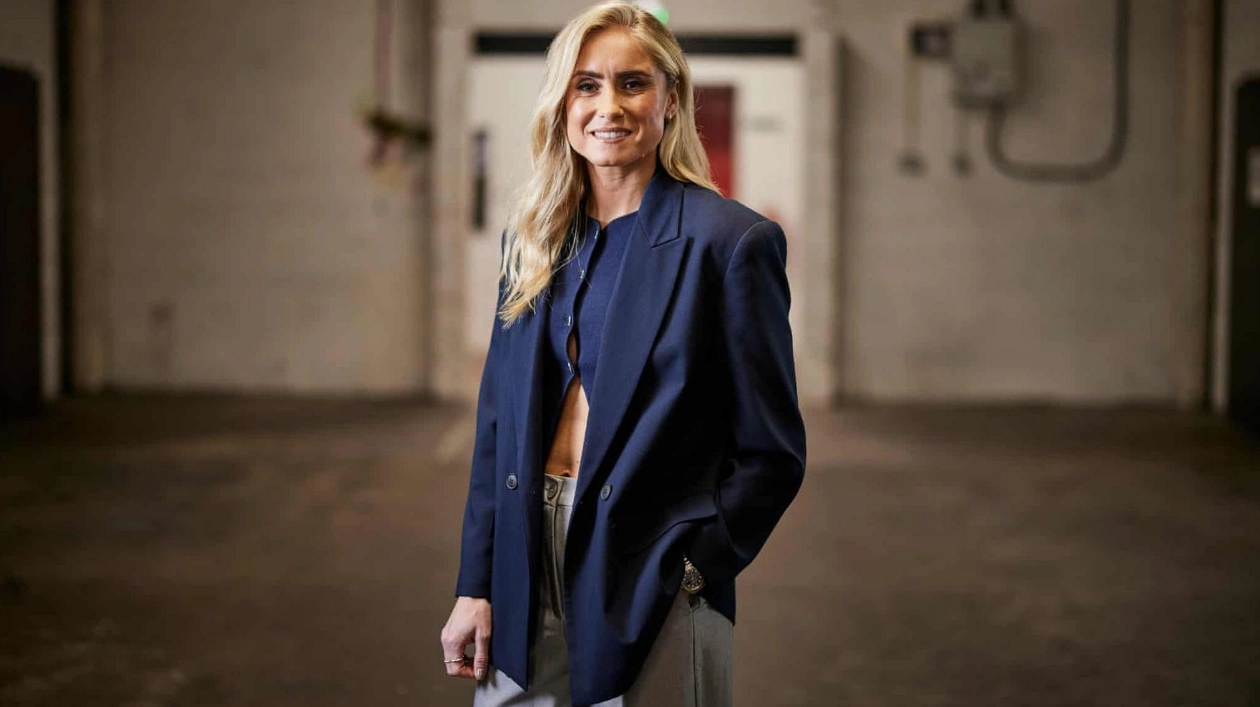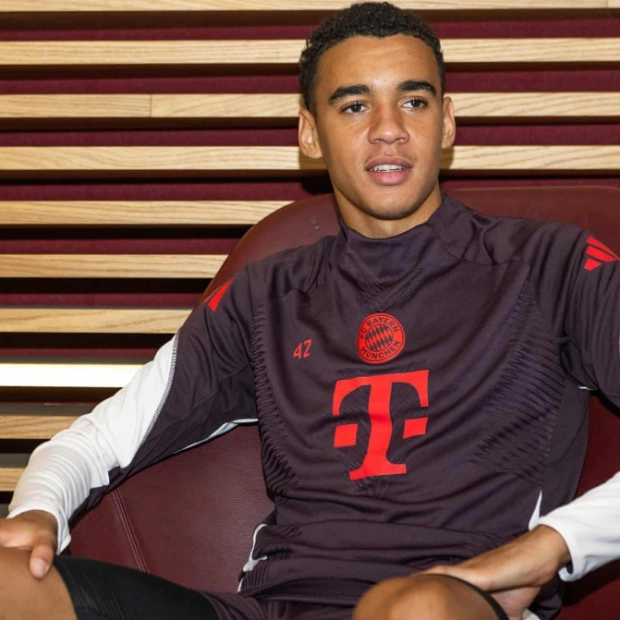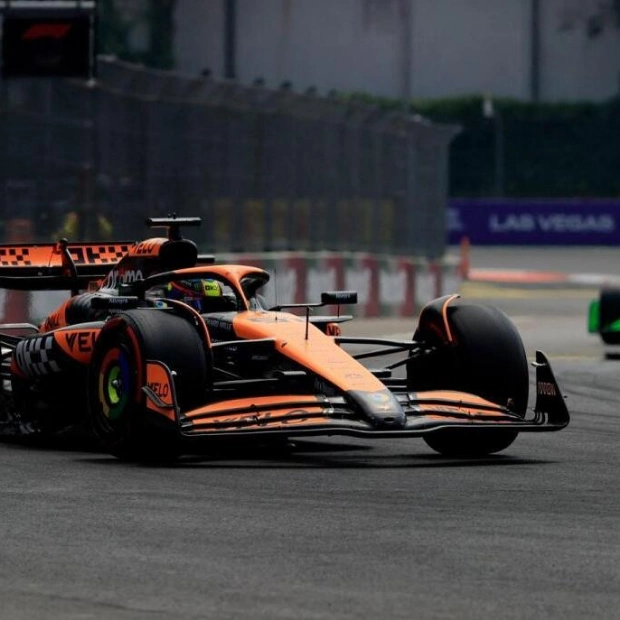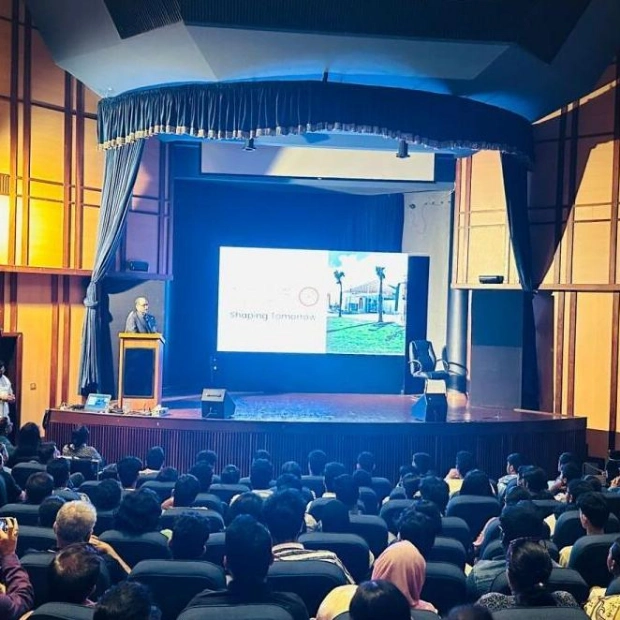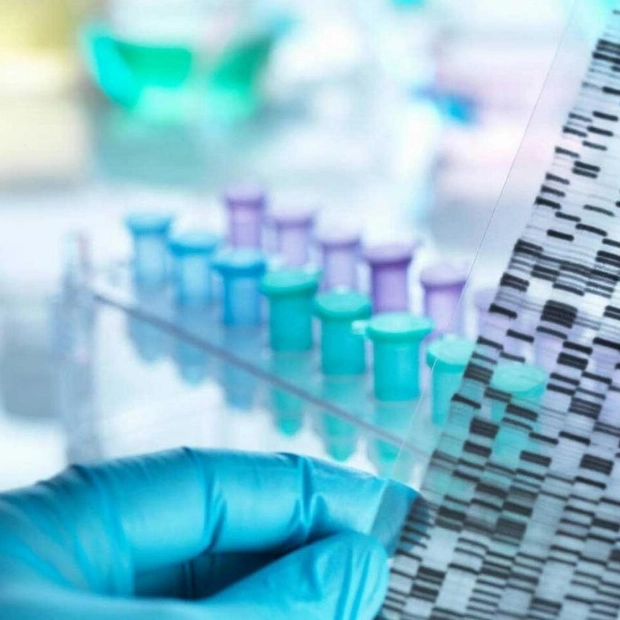“There were moments when I thought: ‘I don’t want to do this anymore,’” Steph Houghton recalls, reflecting on the challenging years she spent advocating for equality in women’s football in England. Houghton, who earned 121 caps for England and served as captain from 2014 to 2021, achieved her most significant milestones off the field. She collaborated closely with a group of fellow players and confronted male executives, managers, administrators, and sponsors who often displayed condescending attitudes towards women’s football.
At 36, Houghton’s eyes still burn with the fire and frustration she felt during those difficult times. “I’d return from training, having sacrificed time with my husband for a meeting, and feel utterly deflated. You’d wonder: ‘What’s the point?’ But having a support group is crucial because, when you’re at your lowest, someone else steps up to fight. I’m thankful it wasn’t just me; many others played a significant role in the changes we ultimately achieved.”
Houghton also candidly discusses her role in caring for her husband, former Bradford City footballer Stephen Darby, whom she married in June 2018, just three months before he was diagnosed with motor neurone disease. She reflects on the painful end to her career and her belief that she was treated unfairly by Sarina Wiegman. “When you’ve come from nothing and don’t expect anything, going into meetings with experienced people is daunting,” Houghton writes in her autobiography, which details her early life in the north east and her pivotal role in changing perceptions of women’s football.
Houghton insists she’s not confrontational or particularly brave, but the glaring inequality compelled her to act. She reveals that, 12 years ago, despite being the best female centre-back in the country, her contract at Arsenal was meager. She earned an annual wage of £4,000, which could rise to £9,000 with bonuses and extra work as a part-time coach and club ambassador. “I included those figures in my book to show where we’ve come from and where we are now,” Houghton says. “Arsenal was the top club in England, and that was their level. Money wasn’t my primary motivation; it was about playing for Arsenal and winning trophies. But when you meet people with more experience, you realize things need to change.”
Houghton credits her agent, Matthew Buck, who began advising her when he worked for the Professional Footballers’ Association. Like everyone at Arsenal in 2012, Houghton signed each new contract without seeking advice or considering rejection. After insisting on Buck negotiating a better deal and eventually joining Manchester City in 2014, Houghton focused on the international game. She describes herself as “the mainstay” of a leadership group including Casey Stoney, Laura Bassett, Jordan Nobbs, and Lucy Bronze.
“Seeing what England’s men were getting for commercial deals really opened my eyes,” Houghton says. “Men and women play for the same national team, yet they earn 15 times more. How is that fair? I decided we needed to address that. I’m most proud of what we achieved off the pitch—changing how companies viewed us as athletes and stopping them from taking advantage.”
It took years of persistence, but Houghton and her group eventually persuaded the FA. Until then, contracts were heavily skewed in favor of the FA, with players feeling privileged to have any contract at all. The fight for World Cup bonuses was a turning point. “We went into World Cups with no financial incentive, no chance of prize money. But we secured a significant bonus for the 2015 World Cup,” Houghton says. “For girls who could never afford a house deposit, it was life-changing. That set the precedent for future tournaments.”
Houghton didn’t foresee the rapid transformation of the women’s game in terms of exposure and economics. “It happened faster than we imagined. We wanted to play in big stadiums and make the national team accessible. We wanted players to feel secure and be paid fairly. We’ve made significant progress, but there’s still room for improvement.”
It pains Houghton that she missed the euphoria of playing for and captaining England when they won the European Championship in 2022. A torn Achilles ended her long run in the team, and she was cut from the final squad. The following year, she was left out of the World Cup squad despite Wiegman’s encouragement to keep working. England reached the final, but Houghton’s international career ended sadly. She felt abandoned by England and let down by Wiegman, who showed little empathy or consistency.
“I was disappointed from start to finish,” Houghton says. “When the goalposts keep changing, it’s hard to believe in anything. It seemed no matter what I did, it was never enough. If I ever go into management, I’d always prioritize people. It’s important to be honest and respect what a player has achieved. I wouldn’t want anyone to feel the way I did.”
Houghton’s disappointment pales compared to the daily suffering her husband endures. MND is a devastating disease that can rob a person of movement and speech. Darby has deteriorated and had to undergo a percutaneous endoscopic gastrostomy to receive nutrients. “We want Stephen to live as normally as possible, to eat and get the calories he needs,” Houghton says. “The last few months have been challenging, but we’ve adapted well. It’s important to discuss the reality of MND to help others in the future.”
Houghton admits the early years were tough. “You don’t want to believe it’s happening. But dwelling on it harms you. I’ve learned the importance of being positive.” Darby encouraged Houghton to continue playing football after his diagnosis. “That shows how unselfish he is. He knew how much football meant to us, and my career wasn’t over. Even after I retired, he’s been so supportive. We make joint decisions to move forward with my work and his foundation.”
They’ve long considered starting a family. “I’ve always wanted to be a mom, and Steve’s always wanted to be a dad. So it was always in our plans to try after I stopped football. But life gets in the way sometimes. We’ll see what happens.”
Houghton is “busier than ever,” balancing care for her husband with work at Sky, her Man City ambassador role, coaching, and a podcast on women’s football with Ian Wright. “I feel guilty when I’m not with Stephen, especially when I have to stay overnight. It takes a lot out of you emotionally. The last few months have been challenging, but we’re getting into a routine. Our families have been incredibly supportive, allowing me to do my work and ensuring Stephen gets the best care.”
Source link: https://www.theguardian.com
